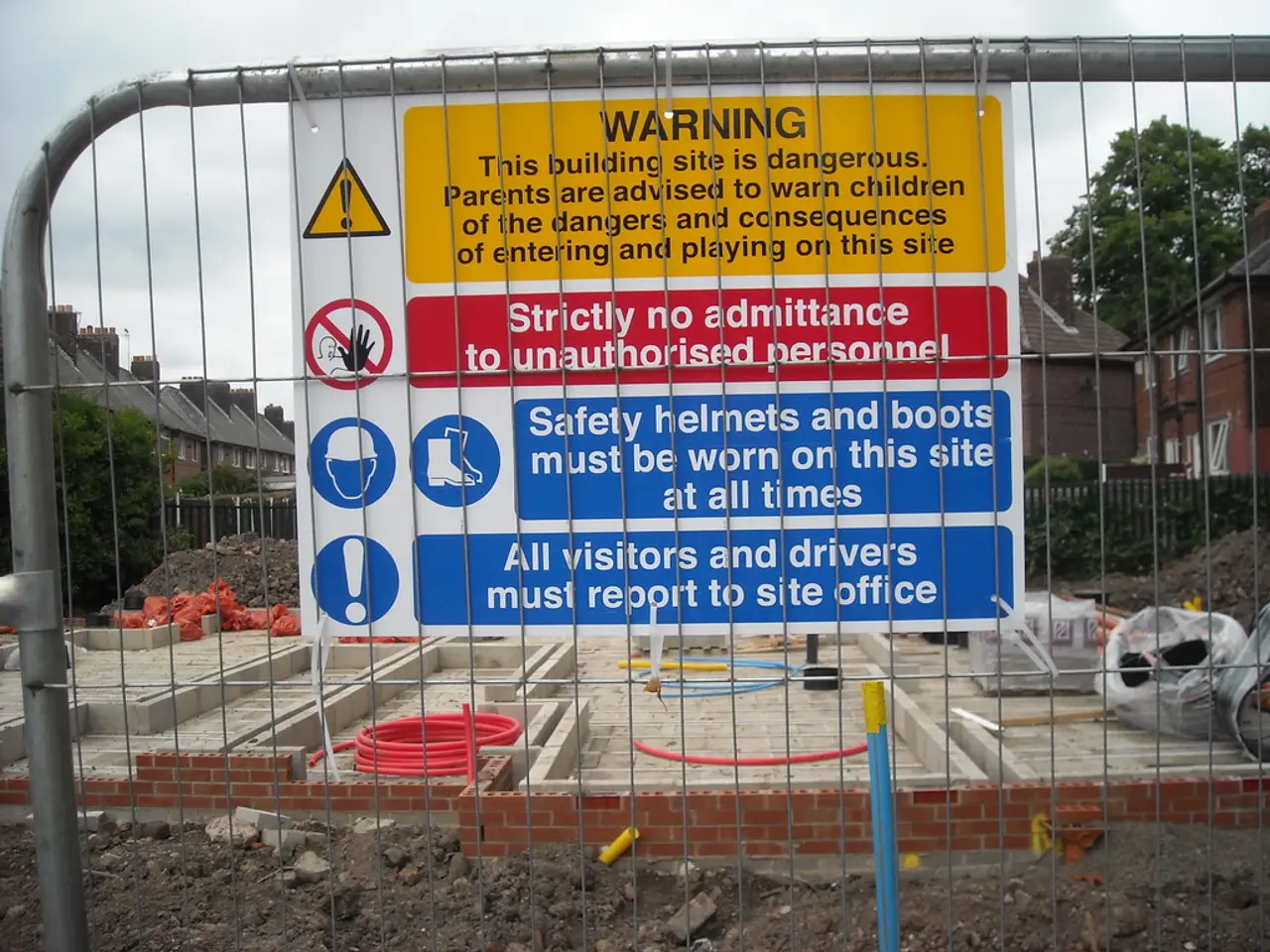Turkey commemorates the 9th anniversary of the thwarted July 15 coup, honoring the resistance and martyrs who defended the nation.
In the early hours of July 15, 2016, Turkey found itself in the midst of a violent coup attempt orchestrated by the Fetullah Terrorist Organization (FETO), a group led by the influential Islamic scholar Fethullah Gulen.
The events that unfolded began with President Recep Tayyip Erdogan, who was vacationing at the time, addressing his supporters via FaceTime on CNN Turk, urging them to resist the coup. Meanwhile, at 3:20 a.m., Erdogan arrived at Ataturk Airport.
As the night progressed, key infrastructure was targeted. Tanks blocked the Bosporus and Fatih Sultan Mehmet bridges, and airstrikes hit the presidential complex, Parliament, police headquarters, and intelligence facilities. Fighter jets and helicopters flew low over major cities, bombing key sites and spreading panic.
The National Intelligence Organization (MIT) had warned the General Staff of suspicious activity at 4:00 p.m., but the coup timeline accelerated due to leaks at 9:00 p.m. The confirmation of FETO involvement came at 12:00 a.m.
One of the most significant events was the seizure of the Special Forces Command, where Sgt. Omer Halisdemir killed the coup commander, Maj. Semih Terzi, becoming a national hero.
Crowds flooded streets and squares, mosques broadcast Sala prayers, and social media galvanized public mobilization to resist the coup attempt. Parliament was bombed for the first time, with lawmakers remaining inside.
The coup attempt resulted in the death of 253 people and the injury of 2,734. It was ultimately crushed by dawn, leaving deep scars in the Turkish nation. July 15 is now commemorated as Democracy and National Unity Day in Turkey, honoring those who resisted the coup attempt and remembering the victims.
Fethullah Gulen, the mastermind behind the coup attempt, remains at large and is currently residing in the United States. His movement operates globally, largely through educational and cultural initiatives, though it faces severe repression within Turkey, where it is officially designated a terrorist organization.
The relationship between Gulen and the Turkish state has been strained for years, with the AKP accusing Gulenists of infiltrating state institutions to form a "parallel state" and undermine the government. Despite repeated demands for his extradition, Gulen continues to reside in the U.S., maintaining his position as a spiritual figure for his followers worldwide.
The evidence for Gulen's direct participation in the coup attempt remains disputed, and U.S. officials have noted a lack of credible, substantive evidence for his extradition. Critics argue that the coup was used as a pretext for widespread purges, with tens of thousands arrested or dismissed from public service, often with little due process.
In the aftermath of the coup attempt, Turkey has made significant changes to its political landscape, including strengthening its executive presidency and tightening its grip on the media and civil society. The events of July 15, 2016, continue to shape Turkey's political future.
- The Turkish Parliament, a crucial part of Turkey's government, was targeted during the coup attempt on July 15, 2016.
- The President of Turkey, Recep Tayyip Erdogan, addressed his supporters via FaceTime on CNN Turk during the coup attempt, urging them to resist.
- After the coup attempt, there were significant changes made to Turkey's political landscape, including strengthening its executive presidency and tightening its grip on the media.
- July 15 is now commemorated as Democracy and National Unity Day in Turkey, honoring those who resisted the coup attempt and remembering the victims.
- The Fetullah Terrorist Organization (FETO), led by influential Islamic scholar Fethullah Gulen, was involved in the coup attempt, and Gulen remains at large, currently residing in the United States.






